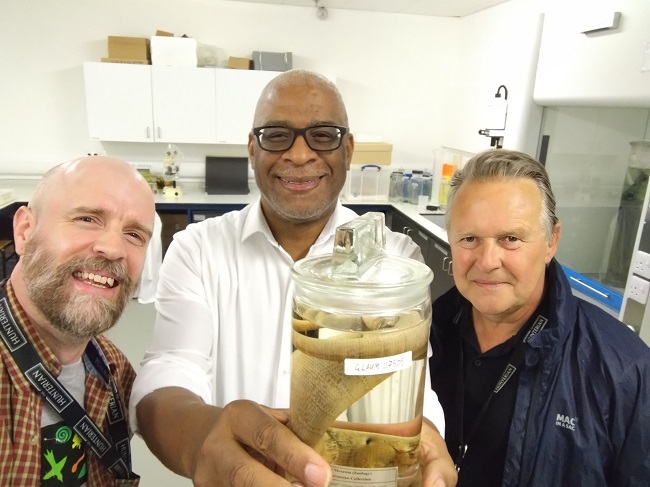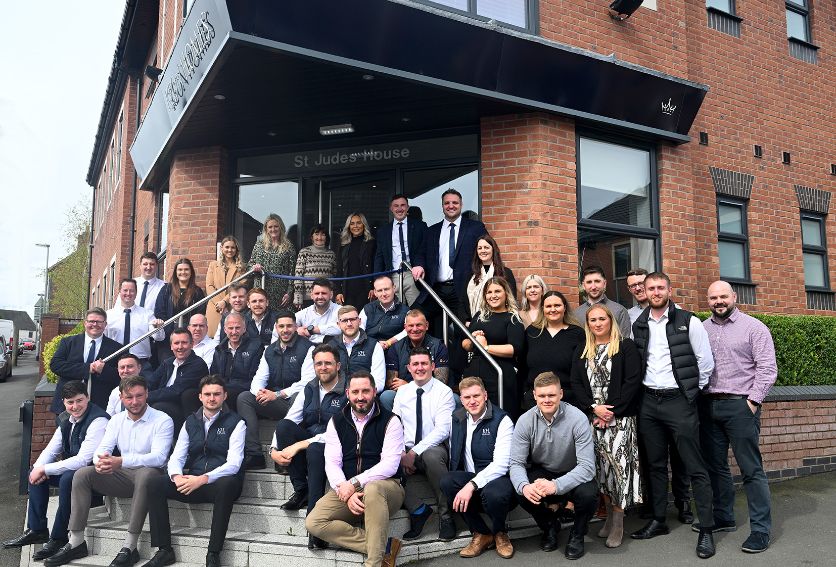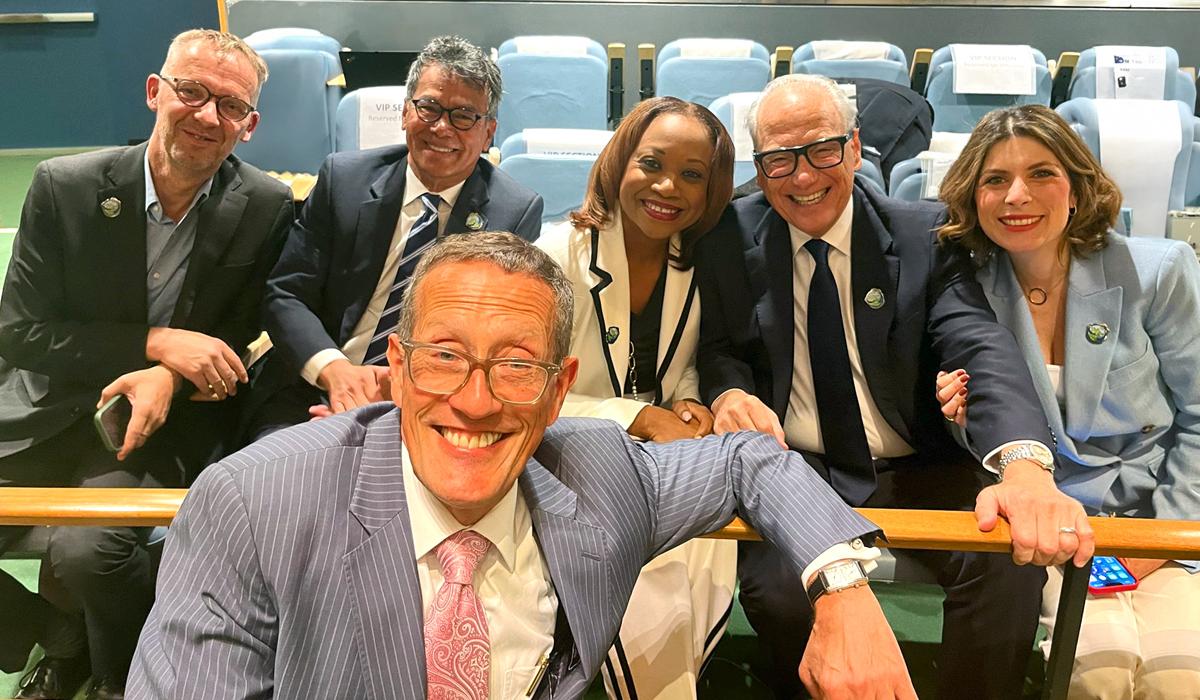Experts from Birmingham City University’s School of Jewellery have embarked on a Knowledge Transfer Partnership (KTP) which will use new technology to help bring down costs and speed up processes in jewellery manufacturing.
International Jewellery Business Course Director Kate Thorley and Centre for Digital Design and Manufacturing manager Frank Cooper will spend two years working with Diamond Centre Wales (DCW) on the introduction of innovative additive manufacturing techniques for precious metals technology.
This process is new to the jewellery industry, but is much faster than traditional methods and has the potential to reduce material and labour costs.
DCW was formed in 2005, but has roots dating back as far as 1978. Based near Cardiff, it currently employs 21 highly-skilled staff, combining traditional jewellery manufacture with innovative technologies. DCW has earned a reputation for designing bespoke diamond jewellery, providing a ‘concept to creation’ service to their clients, using ethically-sourced materials.
Knowledge Transfer Partnerships is a UK-wide programme that has been helping businesses for the past 40 years to improve their competitiveness and productivity through the better use of knowledge, technology and skills that reside within the UK Knowledge Base.
In a KTP, the University employs a graduate or postgraduate (the Associate) to work on site with the company, jointly supervised by company and university staff.
For this project, the Associate will carry out research into the metallurgical properties and the interactions with laser light of precious metal powders including gold, silver and platinum. This research also has the potential to be extended to other metals such as titanium or rhodium in future.
DCW has a long track record for embracing new technologies, such as Computer Aided Design (CAD), Computer Aided Manufacture (CAM), rapid prototyping, laser welding and 3D scanning. The KTP will embed expertise in Additive Manufacturing of Precious Metal Powders (AM-PMP), which will bring further potential benefits including:
- Reduced manufacturing lead times and elapsed time
- Development of products to facilitate entry into new markets
- Reduction of waste associated with traditional casting
- Improved profitability
- Reduced inventory of raw materials and finished products
- ‘One step’ manufacture of items with movable parts.
The new knowledge can be translated to other industries processing highly reflective metals, such as dental, aerospace, electronics and medical.
DCW Director Kelvin James said: “Direct metal AM will give us the capabilities to maintain our creative position, while exploring new methodologies for manufacture, adding value back into the design process and exploring new material alloys.”
Kate Thorley from BCU added: “Additive manufacturing is a disruptive technology, but it will not necessarily replace traditional methods, or practices.
“It will however expand the options, and the available tools. It will also challenge the way people design for jewellery manufacture. Research generated from this project will facilitate new thinking and approaches, overcoming barriers to expedite the adoption this technology within the jewellery industry and in wider industrial applications.”
Interested in discovering the role a KTP can play in your business? Find out more about how a Knowledge Transfer Partnership can help you drive innovation and business efficiency.


















